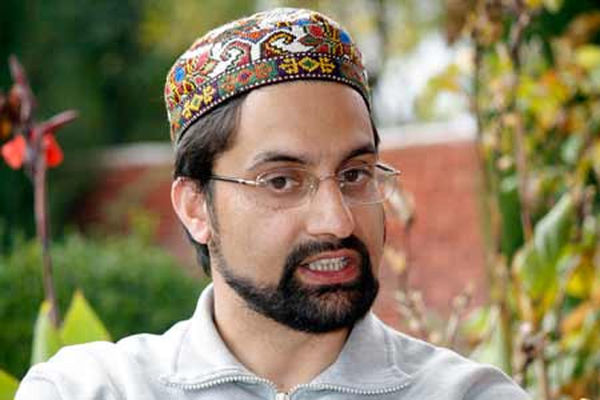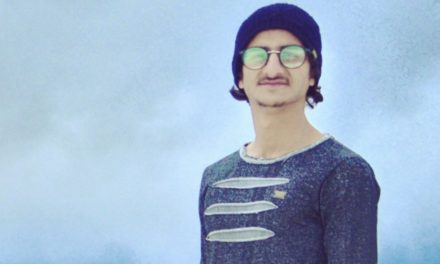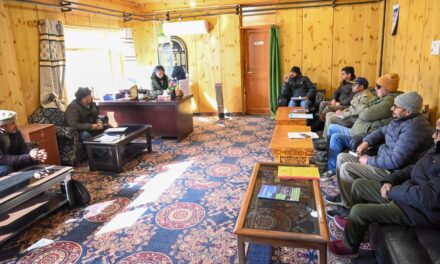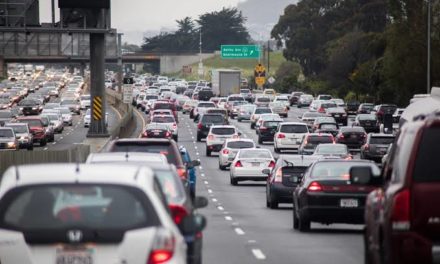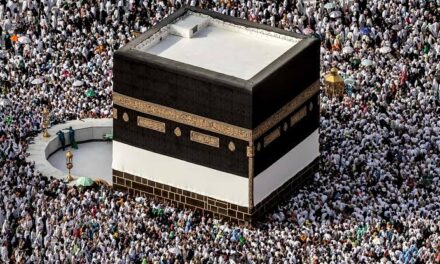![]()
New Delhi, Mar 7: Moderate Hurriyat leader Mirwaiz Umar Farooq faces a ‘perceived threat’ from terrorists due to which he was verbally ‘asked to limit and restrict his movement’ after Article 370 was read down, officials told the Jammu and Kashmir high court on Wednesday (March 6).
In a written reply, signed by Srinagar’s senior superintendent of police, the counsel representing the J&K administration rejected the Hurriyat leader’s claim that he was ‘illegally’ detained at his Srinagar residence.
The counsel cited over two dozen instances, including a recent visit to New Delhi, when Mirwaiz was reportedly allowed to attend social and religious functions and also to medical emergencies.
The state’s reply came in response to a habeas corpus petition through which Mirwaiz had challenged his ‘arbitrary’ and ‘illegal’ detention in the high court last year.
The court on Wednesday set March 14 as the next date of hearing in the case.
In his petition, Mirwaiz had alleged that security forces have detained him since August 5, 2019 with armoured vehicles along with police and paramilitary forces deployed at the main gate of his home in Srinagar’s Nigeen locality and that they prevent him from coming out.
Mirwaiz, who is also the chief cleric of Kashmir, delivered sermons on important religious occasions at the Jamia Masjid, Kashmir’s oldest mosque, which is located in in Srinagar and where congregational prayers have been largely banned by authorities amid fears over the breakdown of law and order.
The state counsel, however, rejected the allegation, asserting that there was no detention order against Mirwaiz and ‘none of [his] legal, constitutional or statutory rights’ were being violated.
Referring to the assassination of Mirwaiz’s father Moulana Mohammad Farooq on May 21, 1990, the counsel told the high court that the Hurriyat leader was ‘advised’ to restrict his movement ‘for some time’ due to the ‘overall security scenario’ in Srinagar after the reading down of Article 370.
The court was informed by the state that Mirwaiz is ‘a well-known and respected religious head and pubic figure’ whose residence was located in a ‘sensitive and strategic’ area of Srinagar flanked by the Hazratbal shrine, where thousands of Muslim devotees converge on religious occasions; the volatile National Institute of Technology, which has witnessed communal clashes between students; and the upscale Nigeen Club.
‘Thus, visualising the perceived threat perception of the petitioner in the set of circumstances, the agencies cannot afford to take even a slightest risk in curtailing the deployment of the security personnel,’ the counsel said.
They added: ‘The threat perception of the petitioner cannot be ruled out under any circumstance which makes it expedient to deploy police contingents outside his house.’
The counsel also informed the court that Mirwaiz was ‘advised not to visit public and large gatherings which was in his own interest and also in compliance to SOP regarding COVID-19’ following the outbreak of COVID-19 pandemic in 2020.
‘However, there has not been any specific restraint or alleged detention of the petitioner, as he has [off] and on visited his relatives and other places. The petitioner has recently also offered namaz [prayers] at Jamia Masjid and delivered sermons also,’ the counsel said, terming the petition as ‘misconceived’ and saying it ‘deserves to be dismissed’.
The counsel told the court that the J&K police and paramilitary forces are deployed in the Nigeen area for the security of the non-local staff and students of the two leading educational institutions, as well as the safety of migrant workers, some of whom have become victims of targeted attacks by militants.
‘The vicinity around where the petitioner’s house is located is dominated as a preventive measure so as to avoid any terrorist activity … and to foil any attempt of anti-national elements to disrupt peace and public order,’ the state counsel said.
Accusing Mirwaiz of ‘concealing and suppressing the material facts’, the counsel cited official records of more than two dozen instances when the moderate Hurriyat leader is believed to have attended social and religious functions besides medical emergencies since February last year.
The Hurriyat leader is ‘a free man who on and off visits doctors, relatives and attend(s) other religious activities at his will’, the court was informed.
‘The petitioner has neither been detained nor has his freedom been jeopardised. The police deployment…is purely for safety and security purpose and as a preventive measure so as to foil any attempt of anti-national elements,’ the counsel told the court.–(TheWire)

